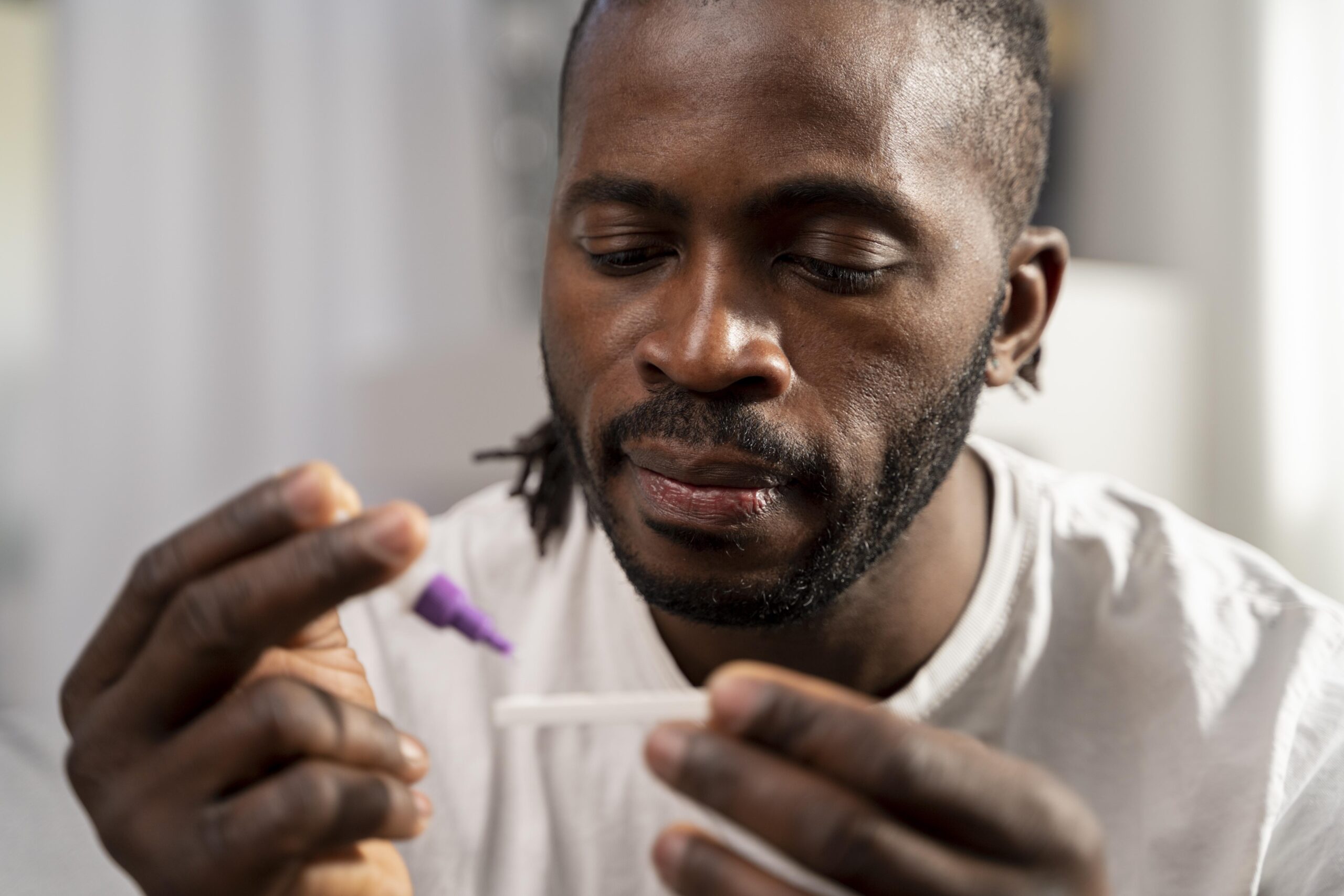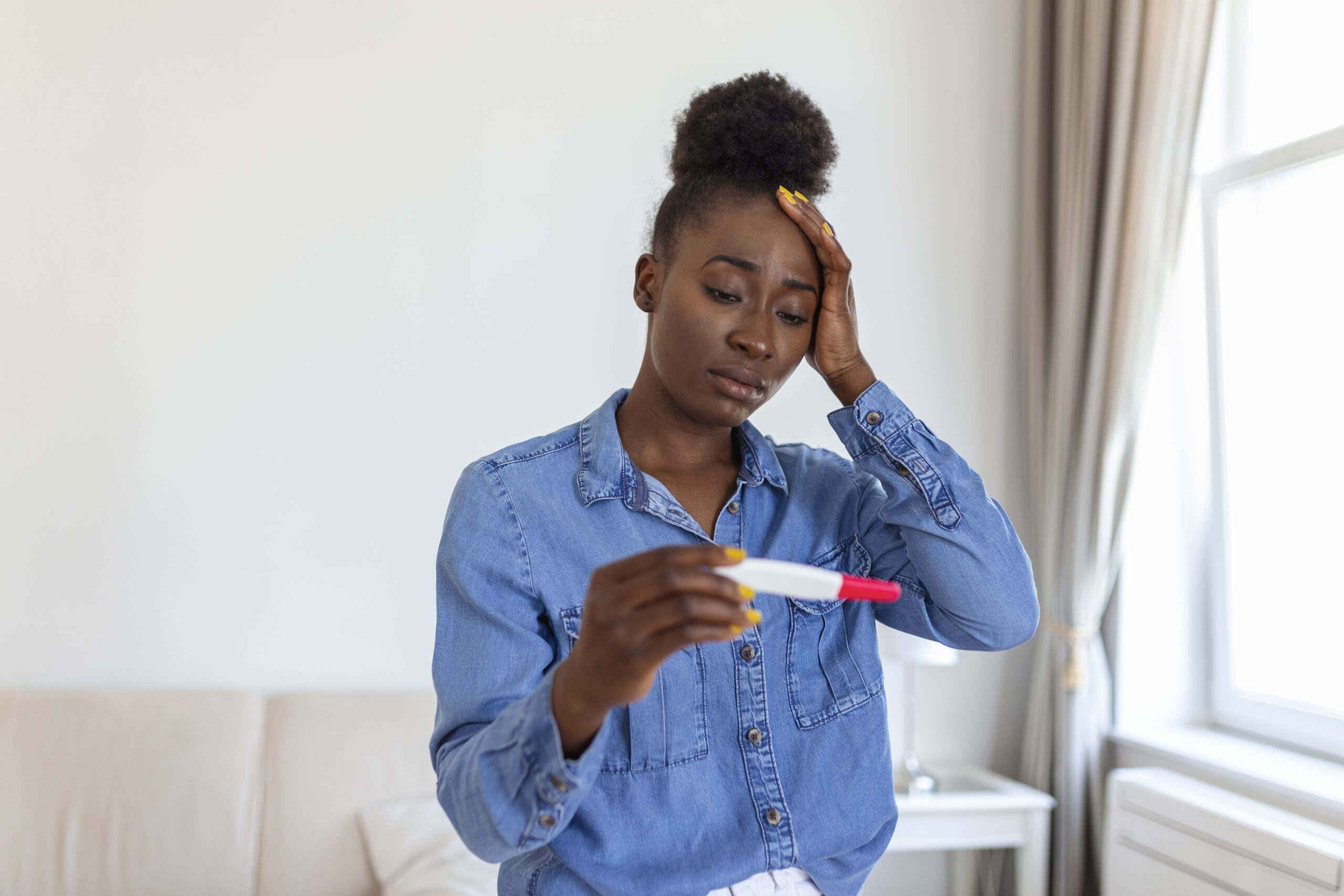Foods that boost fertility naturally

Healthy eating is important for all human beings, more so when trying to conceive. There are foods that boost fertility by promoting reproductive health and increasing the chances of pregnancy. However, issues of infertility could signify a deeper underlying problem and should be checked by a doctor. Below are some foods that will increase your fertility;
Seafood
Salmon
This type of fish contains high amounts of Omega-3 Fatty Acids. Omega-3 fatty acids increase the circulation of blood to the reproductive organs. Fatty acids can also be found in other seafood such as sardines and anchovies.
Oysters
Oysters have the reputation of being powerful aphrodisiacs but they are also important in boosting fertility. They contain high levels of zinc which improves fertility in both men and women. However, oysters should be avoided by pregnant women.
Confectionery
Chocolate
Many people like chocolate but what they don’t know is that dark chocolate also boosts the number of sperms produced. Consequently, it increases the volume of semen in men, boosting the chances of having a baby.
Vegetables
Incorporating sunflower seeds into diet
Sunflower seeds have vitamin E which increases sperm count. It also boosts the mobility of sperms in men. Sunflower seeds also contain folic acid and zinc.
Figs
The belief that figs increase fertility dates back to ancient Greek times. Figs contain a high amount of iron which assists in production of healthy eggs and ovulation.
Spinach
Spinach contains a lot of iron which aids in ovulation and healthy egg development. Eating spinach will also enable you to enter pregnancy with high amounts of iron, thus preventing anemia.
Groundnuts and beans
They have small amounts of folic acid which assists in the formation of healthy cells. Folic acid aids in the prevention of some birth defects.
The foods mentioned above boost fertility, however, they do not cure some infertility issues. Consult a doctor if the issue persists or if you suspect a deeper underlying problem may be causing infertility.





